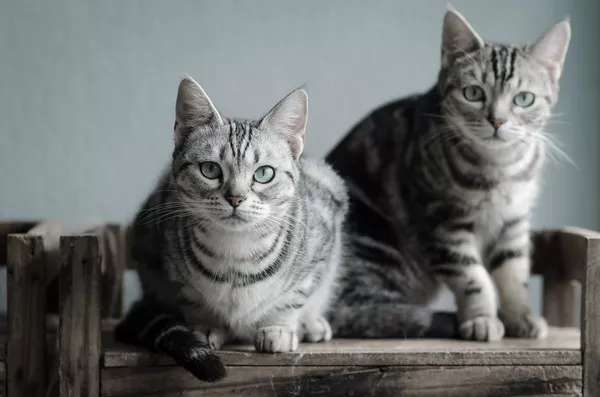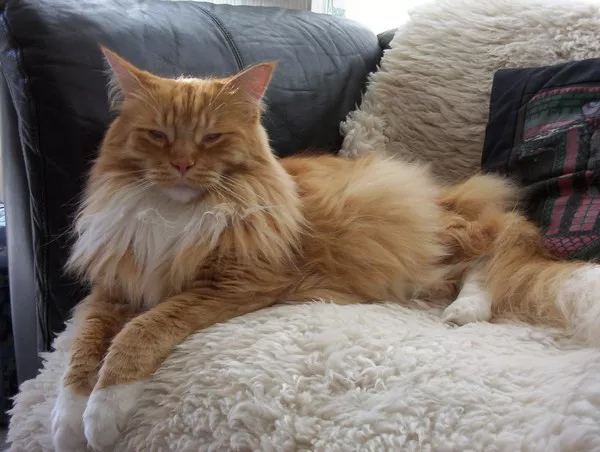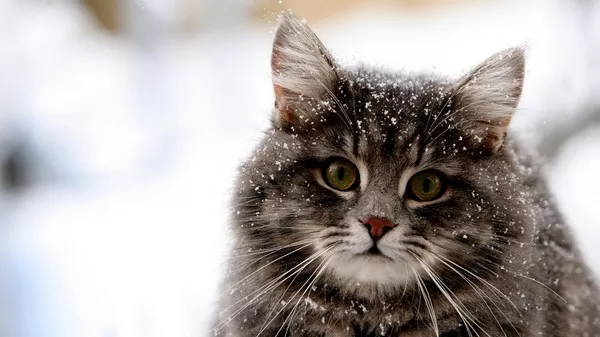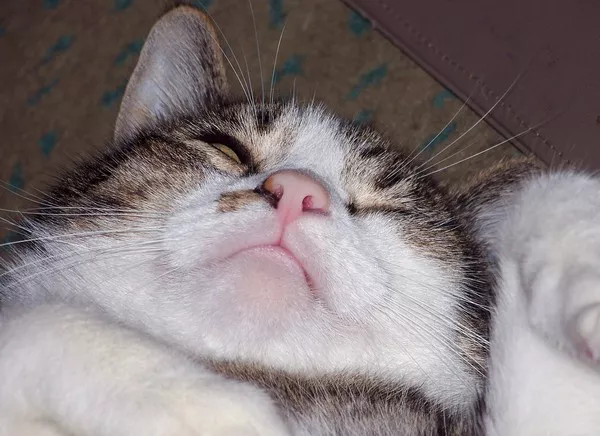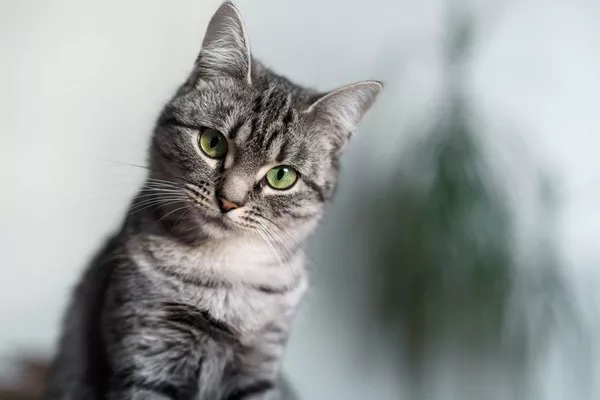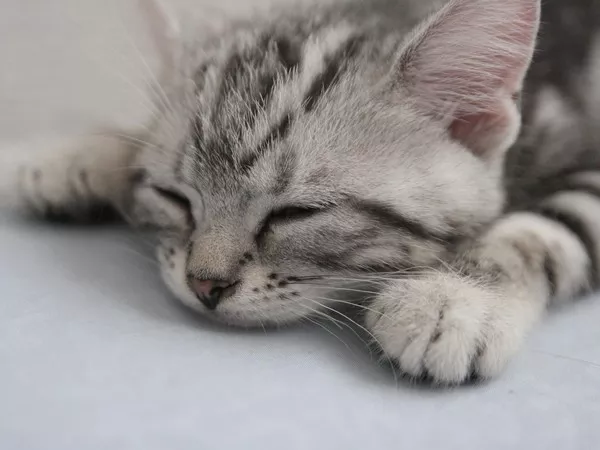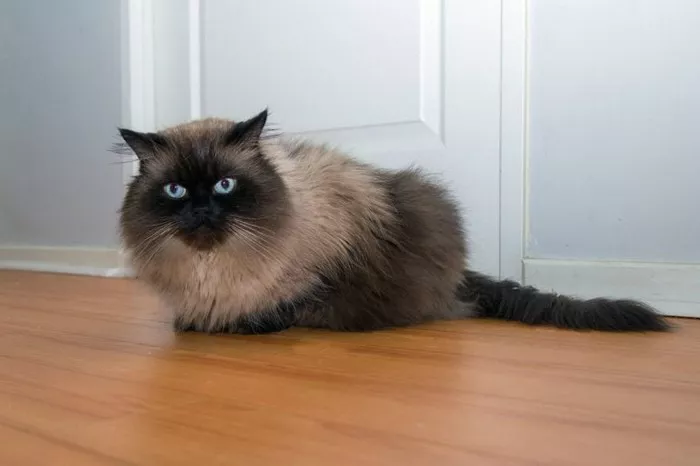American Shorthairs are one of the most popular cat breeds in the United States, known for their robust health, good looks, and friendly temperaments. As with any pet, proper nutrition is essential to maintaining their health and happiness. This detailed guide will help you understand the best foods to feed an American Shorthair and provide practical tips for optimal feeding.
Understanding the Nutritional Needs of American Shorthairs
Before diving into specific foods, it’s crucial to understand the basic nutritional requirements of American Shorthairs. Cats are obligate carnivores, which means that their diet must consist primarily of meat. They require a range of nutrients, including high-quality protein, fats, and a minimal amount of carbohydrates.
Protein: The Building Block of Your Cat’s Diet
Protein is vital for muscle maintenance, growth, and overall body function. For American Shorthairs, a protein-rich diet derived from animal sources is essential. The protein should be high quality, meaning it’s easily digestible and contains all the essential amino acids they need.
Fats: Essential for Energy
Fats are a concentrated form of energy for cats and important for the absorption of certain vitamins. They also contribute to the health of the skin and coat. Essential fatty acids like omega-3 and omega-6 are crucial for preventing inflammation and promoting heart health.
Carbohydrates: Less Is More
While carbohydrates are not essential for a cat’s diet, they are often included in commercial cat foods as an energy source and to bind the kibble. However, it’s important to keep carbohydrate content low to avoid obesity and diabetes.
Vitamins and Minerals
Vitamins A, D, E, and K, along with B-complex vitamins, are essential for nerve function, skin health, and converting food into energy. Minerals like calcium, phosphorus, and magnesium support strong bones and teeth.
Choosing the Best Food for American Shorthairs
Selecting the right food for your American Shorthair involves considering their life stage, health condition, and personal preferences. Whether you choose dry food, wet food, or a combination of both, the quality of ingredients is key.
Dry Food: Pros and Cons
Dry food is convenient and often more economical than wet food. It can help to keep teeth clean by reducing plaque build-up. However, it typically contains higher levels of carbohydrates and may have less animal-based protein. When selecting dry food, look for products that list a high-quality animal protein as the first ingredient.
Wet Food: Hydration Plus Nutrition
Wet food is higher in moisture content, which is beneficial for hydration, especially important for cats who are reluctant to drink water. It also generally contains more protein and fewer carbohydrates than dry food. Wet food can be especially good for weight management and supporting urinary tract health.
Raw and Homemade Diets: Considerations
A raw diet can mimic what cats eat in the wild. If you’re considering this option, it’s essential to consult with a vet to ensure it meets all nutritional needs without risking bacterial contamination or nutrient imbalance. Homemade diets can also be tailored but require careful planning to be nutritionally complete.
Feeding Tips for American Shorthairs
Proper feeding goes beyond just choosing the right type of food. How you feed your American Shorthair can affect their health and well-being.
Regular Feeding Schedule
Consistency is key in feeding routines. Feed adult cats twice a day—puppies may require more frequent feeding. This helps prevent overeating and weight gain.
Monitor Portion Sizes
Overfeeding is a common problem among cats, leading to obesity and related health issues. Always measure your cat’s food and adjust portions based on their activity level, age, and weight.
Importance of Fresh Water
Always ensure your American Shorthair has access to fresh, clean water. Cats often have low thirst drives, and wet food can help meet their hydration needs, but fresh water should always be available.
Treats and Supplements
Treats should be given sparingly and not exceed 5% of your cat’s total dietary intake. Supplements may be necessary if your veterinarian identifies a specific nutritional need.
Common Health Issues and Diet
Certain health issues common in American Shorthairs can be managed or mitigated through diet.
Obesity
Prevent obesity by controlling food intake and ensuring your cat gets regular exercise. Opt for high-protein, low-carbohydrate foods.
Urinary Tract Health
Wet food can help maintain urinary tract health by increasing water intake and diluting urine.
Dental Health
Dry kibble can help reduce tartar build-up. Additionally, dental treats and regular cleanings can help maintain oral health.
Conclusion
Feeding your American Shorthair a balanced diet tailored to their specific needs is crucial for their health and longevity. Whether you opt for dry, wet, homemade, or raw food, ensure it meets all the nutritional standards necessary for a thriving, healthy cat. Regular veterinary check-ups and monitoring your cat’s weight and eating habits will help keep your furry friend in top condition for years to come.

